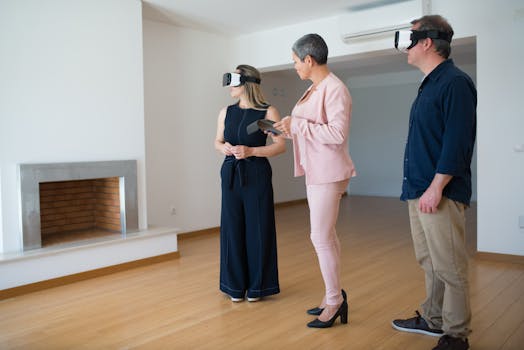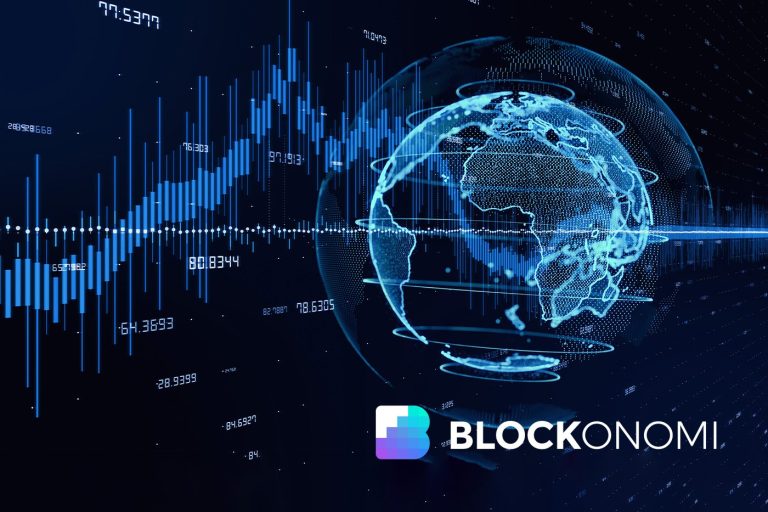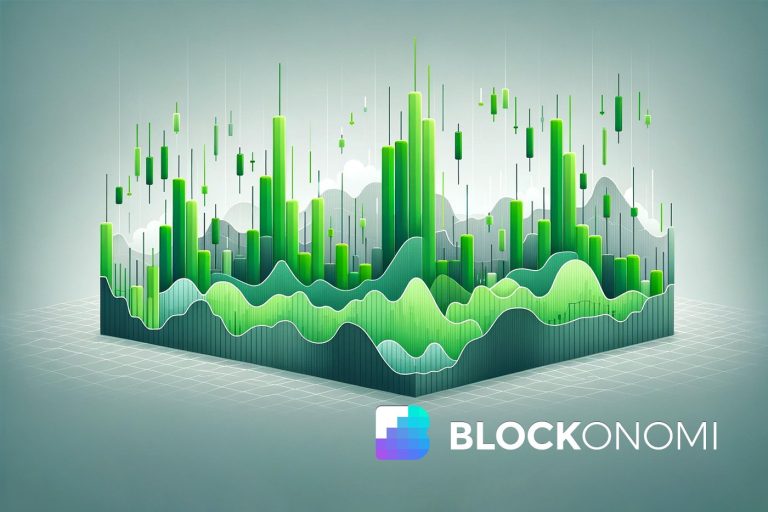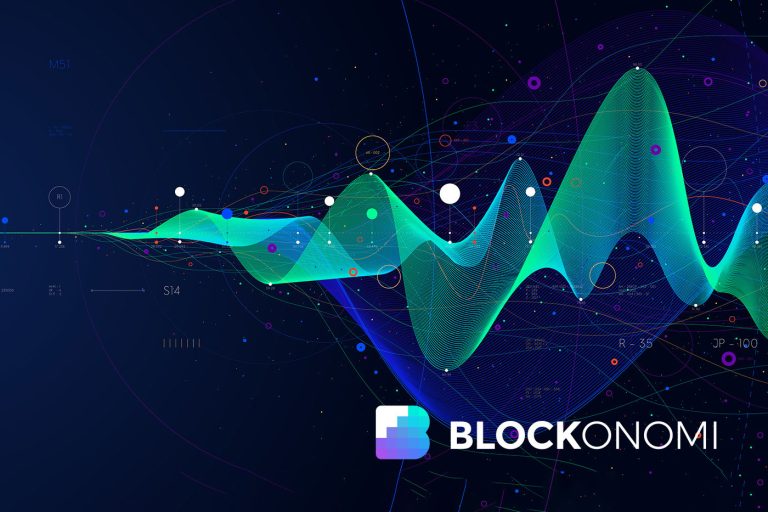
Smart Homes and Smart Living: The Technological Transformation of European Homes by 2025
Smart Homes and Smart Living is revolutionizing the way we live, work, and interact with our living spaces. By 2025, European homes are expected to undergo a significant technological transformation, making our lives more convenient, efficient, and sustainable.
Introduction to Smart Homes
Smart homes are residences that integrate advanced technology to provide a comfortable, secure, and energy-efficient living environment. These homes are equipped with smart devices, sensors, and systems that can be controlled remotely, allowing homeowners to monitor and manage their living space with ease.
Benefits of Smart Homes
The benefits of smart homes are numerous. Some of the most significant advantages include:
- Energy efficiency: Smart homes can optimize energy consumption, reducing waste and lowering utility bills.
- Enhanced security: Smart homes can be equipped with advanced security systems, including motion detectors, surveillance cameras, and alarm systems.
- Convenience: Smart homes can automate routine tasks, such as adjusting lighting, temperature, and entertainment systems.
- Increased property value: Smart homes can increase property value, making them more attractive to potential buyers.
Technological Advancements in Smart Homes
Several technological advancements are driving the growth of smart homes in Europe. Some of the most significant developments include:
- Internet of Things (IoT): The IoT refers to the network of physical devices, vehicles, and other items that are embedded with sensors, software, and connectivity, allowing them to collect and exchange data.
- Artificial Intelligence (AI): AI is being integrated into smart homes to enable predictive maintenance, energy optimization, and personalized experiences.
- 5G Networks: The rollout of 5G networks is providing faster, more reliable connectivity, enabling seamless communication between smart devices.
Future of Smart Homes in Europe
By 2025, European homes are expected to become even more sophisticated, with the integration of emerging technologies such as:
- Virtual and Augmented Reality: These technologies will enable homeowners to interact with their living space in new and innovative ways.
- Blockchain: Blockchain technology will provide a secure and transparent way to manage data and transactions related to smart homes.
- Quantum Computing: Quantum computing will enable faster, more efficient processing of complex data, leading to breakthroughs in fields such as energy management and security.





